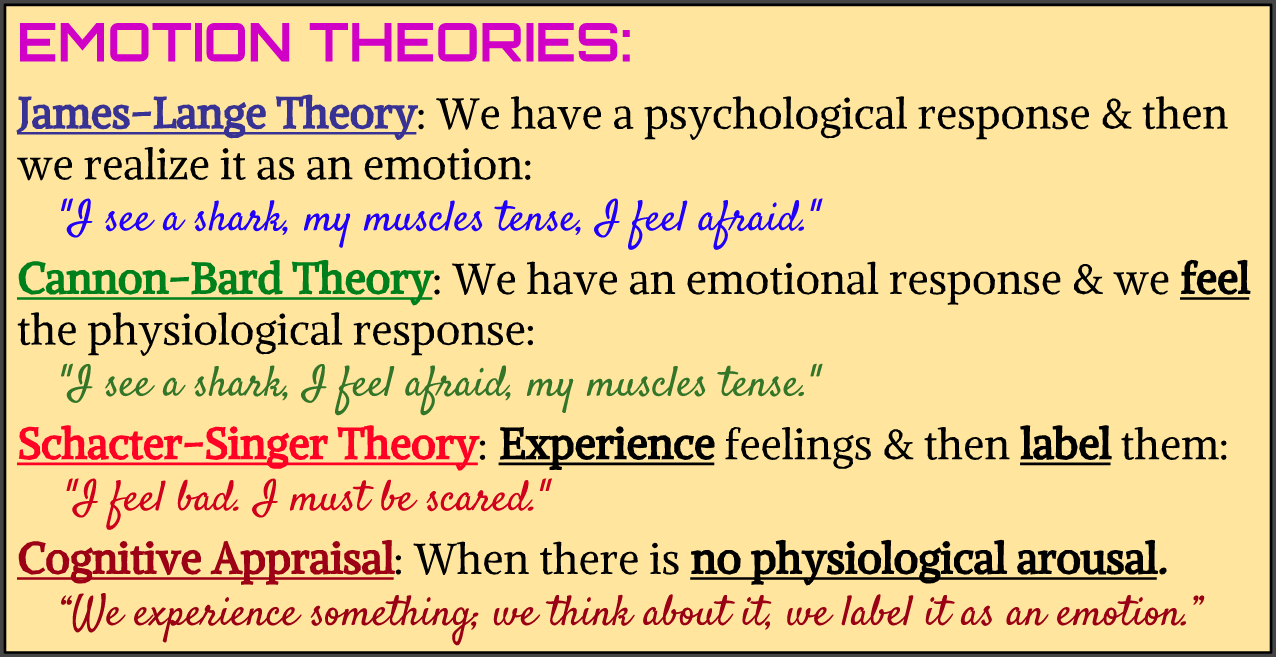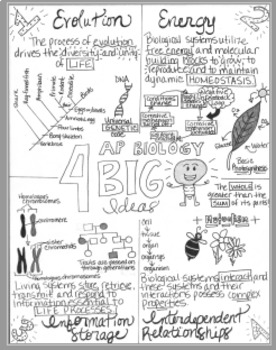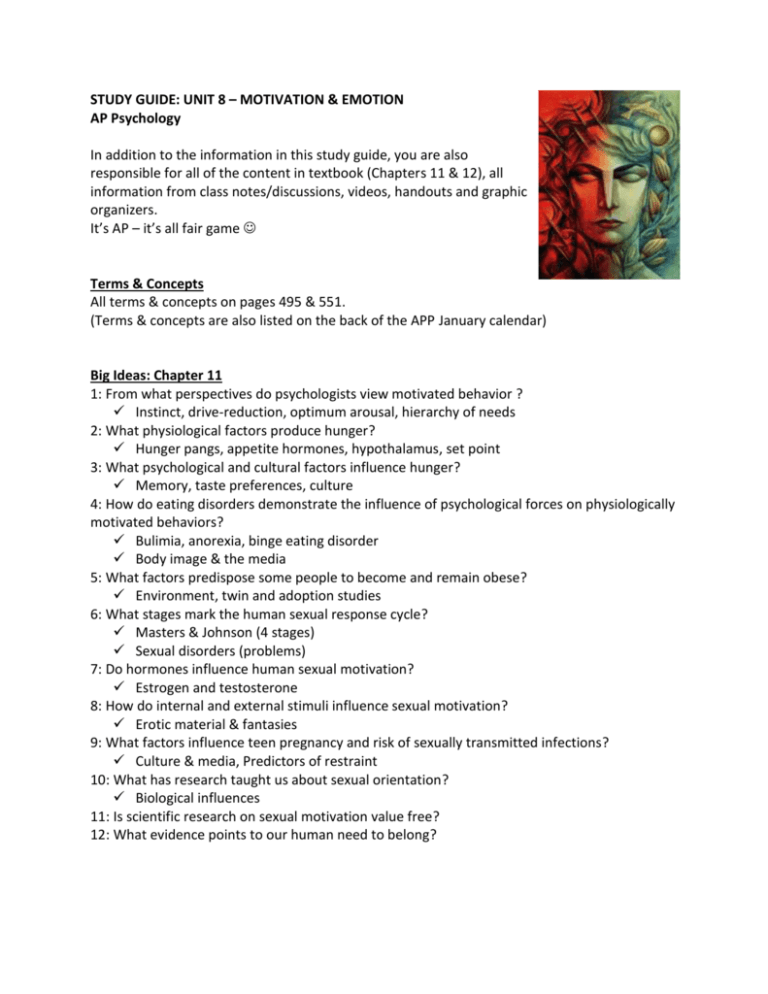

If there are any topics in Unit 1 that you don't feel comfortable with, start your studying with those. You need to master the basics first, or more advanced problems will look like complete gibberish to you. If you're studying for chemistry, you should work your way through concepts in the order of when they show up in the curriculum. That said, here are some tips to keep in mind: For chemistry, you need to dig deeper to understand the material fully.


#AP HUGE CHAPTER 3 NOTEA FULL#
If you want to use these notes to your full advantage, you shouldn't just read them all and consider yourself prepared. This is what happens when you cram, everyone. Also, this guy should probably get to the ER immediately. Cell potential under nonstandard conditionsĪh, the bliss of knowledge.Galvanic (Voltaic) and electrolytic cells.
#AP HUGE CHAPTER 3 NOTEA FREE#
Gibbs Free Energy and thermodynamic favorability.Molecular structures of acids and bases.Reaction quotient and Le Chatelier's Principle.Introduction to Le Chatelier's Principle.Calculating the equilibrium concentrations.Reaction quotient and equilibrium constant.Get matched with a top tutor who got a high score on the exam you're studying for! Our one-on-one online AP tutoring services can help you prepare for your AP exams. Looking for help studying for your AP exam? Spectroscopy and the electromagnetic spectrum.Separation of solutions and mixtures chromatography.Unit 3: Intermolecular Forces and Properties Intramolecular force and potential energy.Unit 2: Molecular and Ionic Compound Structure and Properties Atomic structure and electron configuration.Elemental composition of pure substances.The overall goal of these notes is to give you a comprehensive guide of what you need to know for AP Chemistry.Īt the end, I've also included a link to a document created by a high school AP Chemistry teacher that goes through all of the concepts in one place.

Some focus more on explaining concepts, others on working through practice questions. Some are in-depth, others give a broad overview. Based on your results, you can see which areas need the most improvement, and then you can focus on the notes that are most relevant. Take a diagnostic test before you dive into these notes if you plan on using them to review for the full AP test. Practice problems are essential (a point that I will emphasize again later in this article). These notes will provide a ton of background information, but keep in mind that AP Chemistry is less about memorization of facts and more about the ability to apply your knowledge to a variety of experimental scenarios. Topics should be listed in roughly the same order as you learned them in class. There are currently nine units that organize all the concepts in the course, so we've categorized these notes according to that framework. The notes in this article can be used to study smaller portions of the curriculum or to review for the final AP Chemistry exam. If you're missing some of your notes, or if you just want a more structured overview of what you need to know for the exam, you've come to the right place! We'll also give you some study tips so that you can use both these notes and the notes you took throughout the year to your best advantage. This article will give you links to notes on every topic included in the AP Chemistry curriculum. It can be difficult to keep your notes organized throughout the school year, especially in a class that covers so much content.


 0 kommentar(er)
0 kommentar(er)
